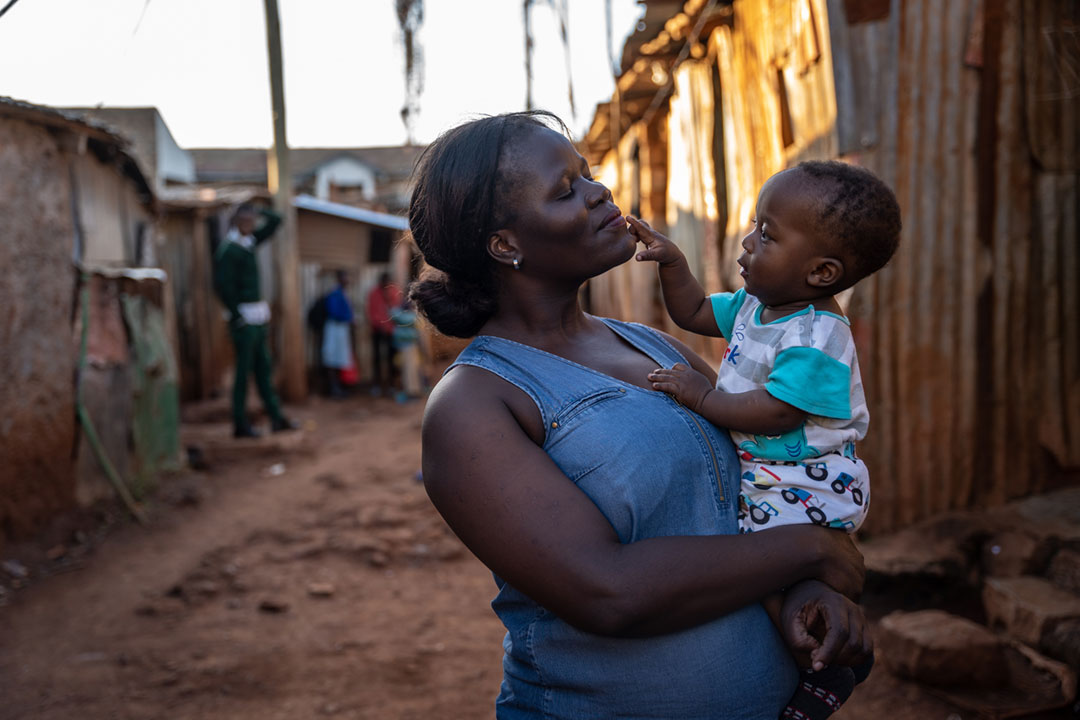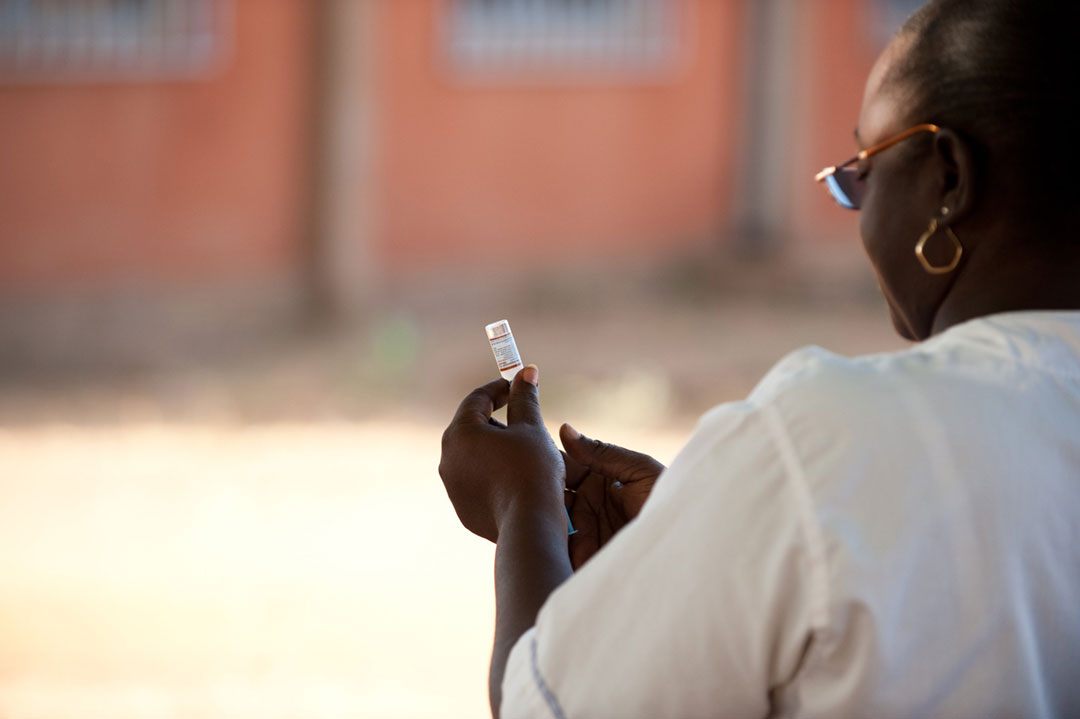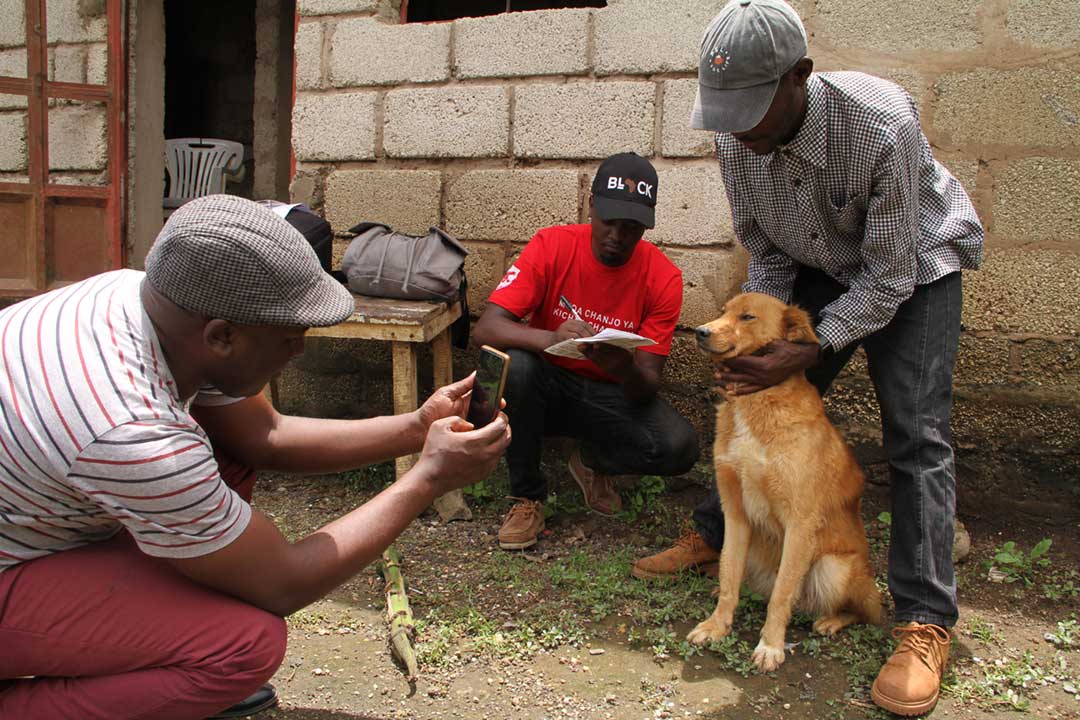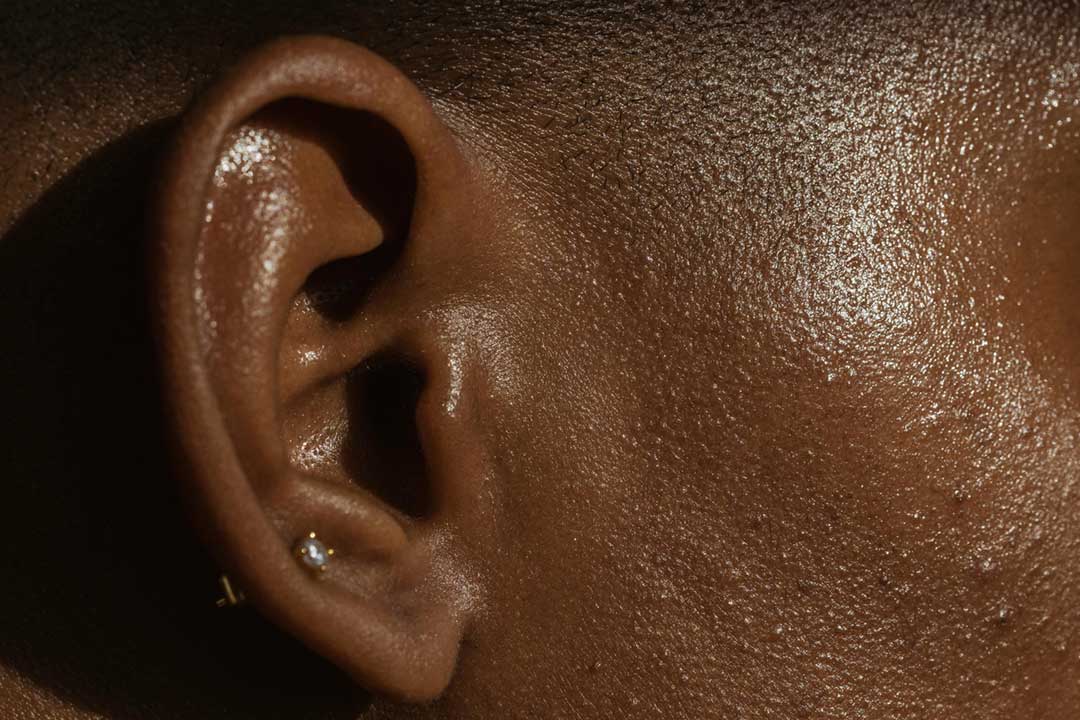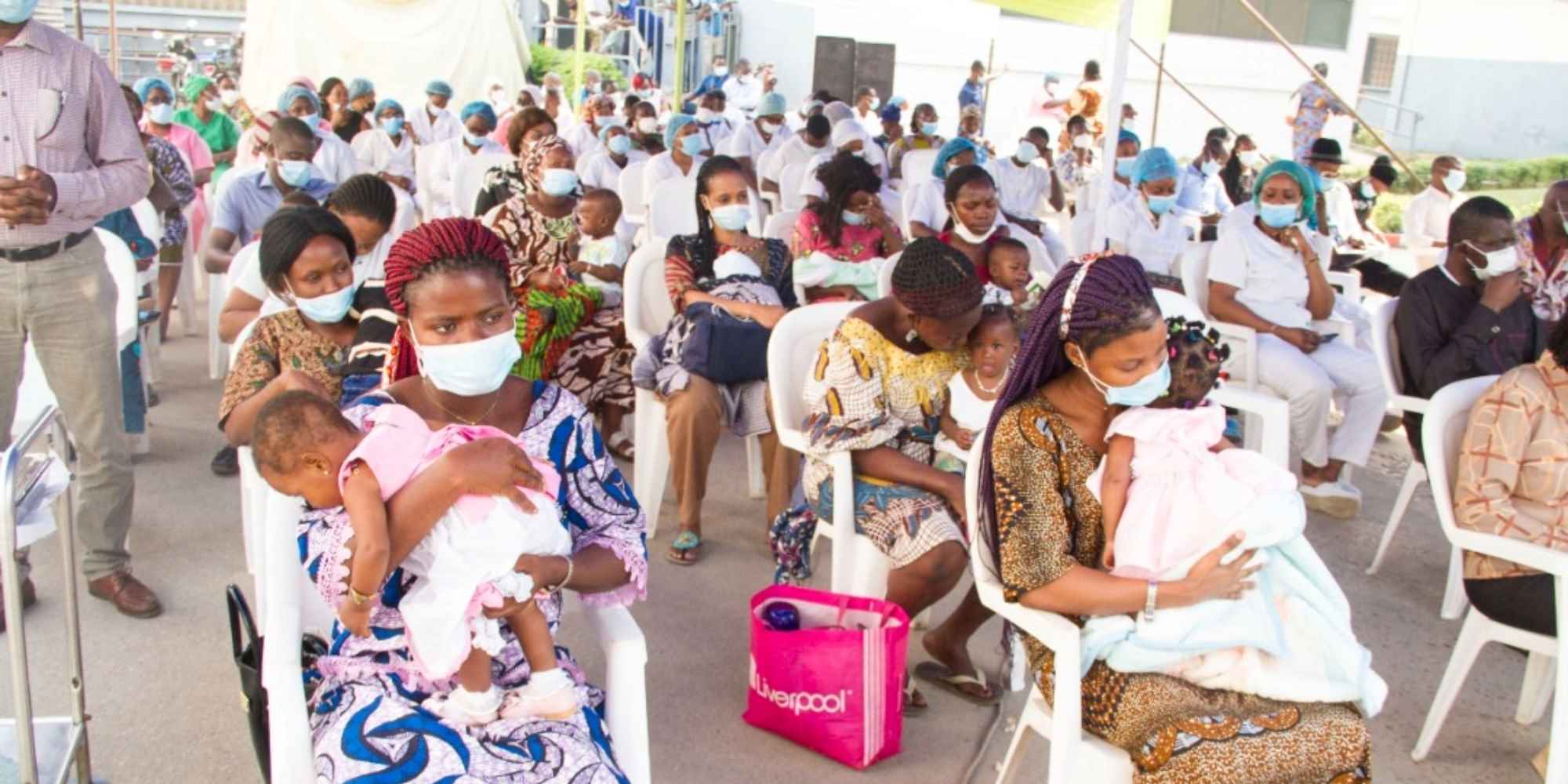An immunisation campaign in Liberia. Photo: LIP.
Emily Loud, Gavi
Ebola may now finally be coming under control in Liberia, but the shadow it casts is long. During the outbreak, regular health services were suspended, including routine and campaign immunisation. Basic vaccination coverage in Liberia now stands at 50%, down from 80% in 2012. This leaves children exposed to preventable diseases such as measles, which is already plaguing neighbouring Sierra Leone.
But remaining barriers to protecting children from preventable diseases do not just involve rebuilding health systems and resuming business as usual. The outbreak undermined already fragile relationships between communities, health providers and government. In its immediate aftermath, when routine vaccinations badly needed to be resumed, rumours were still rife. Some parents even believed campaign immunisation were a ruse to test an Ebola vaccine, or that blood was being taken from children and given to the government.
In the face of such misconceptions directly relating to them, the government could not act alone. The Liberian Immunisation Platform (LIP) and its member organisations were enlisted, and they have since been on the front lines of helping communities access vaccines. This has taken the form of community sensitisation campaigns, spreading the word that vaccines are safe and free across local radio stations, through town criers and even in the form of music. Dedicated volunteers also visited houses in key communities, explaining the value of the vaccination campaign face-to-face, and trained communicators reached out to the deaf community to make sure the message reached those who could be missed in mainstream campaigns.
Slowly but surely, this work has been setting the record straight on immunisation, although flare-ups of Ebola have not helped this cause. The recent introductions of rotavirus and HPV vaccines are an encouraging sign of progress and recovery.
The bigger task ahead – to rebuild vaccination and wider health services to a higher standard than before Ebola – remains challenging. But with this network of community organisations on side, Liberia should be well placed to fend off preventable diseases while also taking measures to future proof their country against the unexpected.

